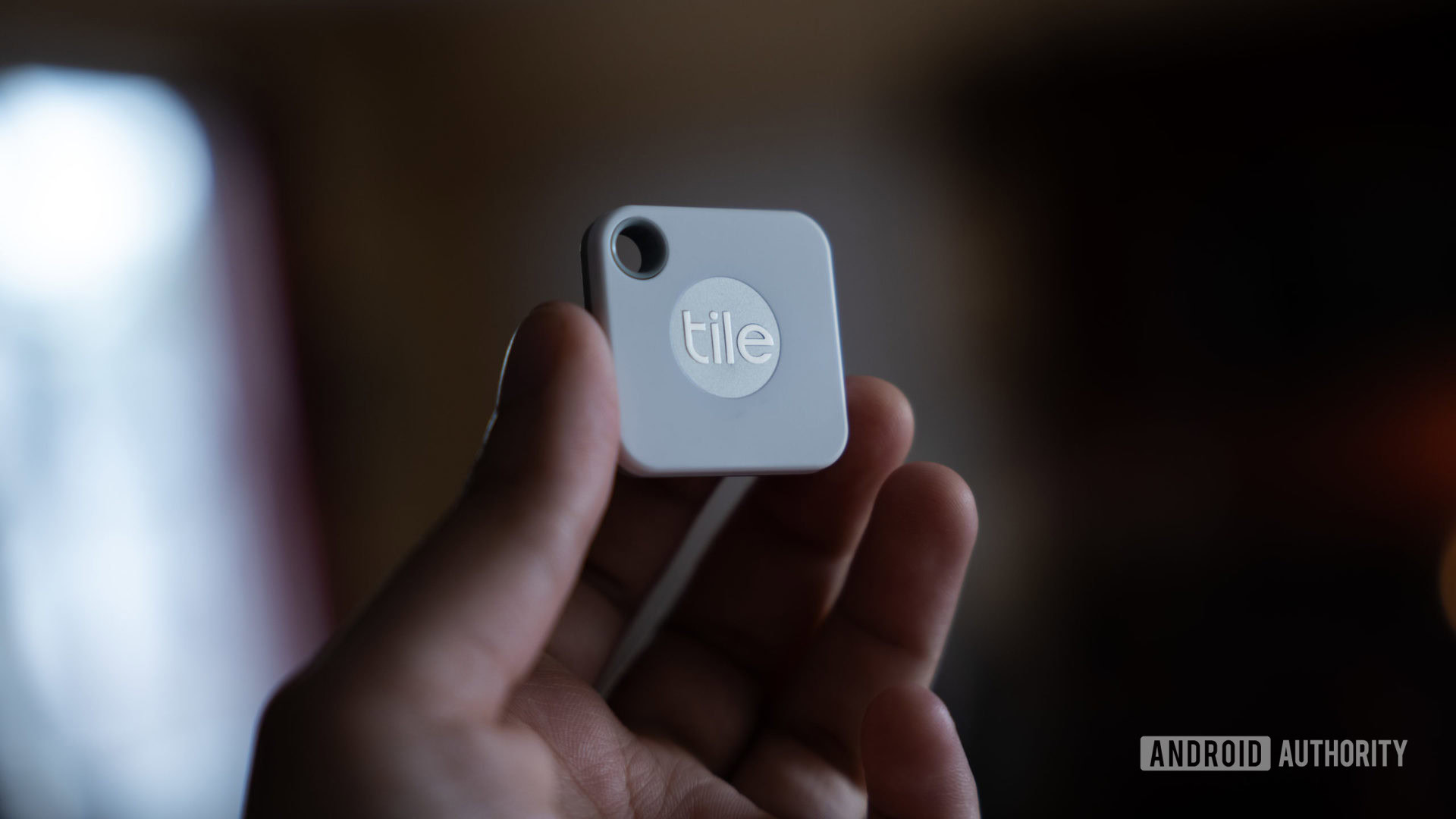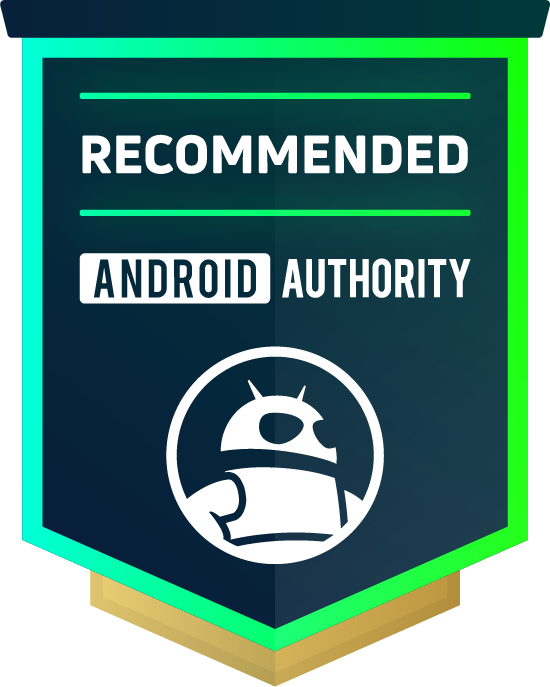Affiliate links on Android Authority may earn us a commission. Learn more.
As an adult with ADHD, Bluetooth trackers are a massive game-changer for me
Published onJanuary 1, 2023

To the absolute shock of nobody who has ever met me, I have been living with ADHD for my entire existence. If you don’t know what ADHD is, Psychiatry.org has a great guide on it. The short of it is I have trouble focusing on just one thing at a time and I spend a lot of time in my own head because what’s going on upstairs is a lot more interesting than reality. When your mind is moving a million miles per hour, it gets easy to get distracted. One of the side effects of this is that I lose things pretty easily. There are days when I’ll lose my wallet, phone, keys, and even my laptop all in the same 24-hour period. Yes, sadly, I said laptop.
In the past, I had a handy solution to this problem: After thirty minutes or so of wandering around looking at the ceiling, I’d ask my wife to find the missing items for me. She loved that, as you’d imagine. Nowadays, I turn to a more elegant solution, Bluetooth trackers.
There are a lot of different Bluetooth trackers on the market, though the most popular options are from Apple or Tile. Apple Airtags have gained in popularity over the years, but I stick to Tile for its versatility. While Apple only has one Airtag model, Tile has four different solutions: a Pro model, the base Tile Mate, the credit-card-sized Tile slim, and Tile Stickers. I own at least one of every type, except the Pro model. The Pro adds a few extras like a better range and a more rugged design. It is also designed to work better outdoors. In my situation, these benefits aren’t enough to justify the cost, though, as I tend to only lose things when I’m settled at home or visiting a friend’s house.
If you often have trouble finding items, a Bluetooth tracker can save time, prevent fights, and make your life just a bit easier.
One of the best things about Tile trackers begins with the easy-to-use app. It lays out all my devices in a handy grid. I simply select the product I am looking for and I hit the Find button. Immediately, the device starts ringing. The range is good enough that I can even hear it when I forget my wallet in the car. Bluetooth trackers also provide a quick alternative to Find My Phone apps. If I can’t find my phone, I’ll often grab my wife’s keys off the hook and with a simple double tap of the physical button on each tracker, I can ring my phone. This will work even if the phone’s volume is off. The phone must have Bluetooth enabled, however.
I originally bought Tile trackers for my scattered brain, but as a family of five, we’ve found that having a Bluetooth tracker on important items is a game-changer. When you have young kids, they misplace things pretty often. Maybe they are running around and knock your wallet off a table and it ends up under the couch. Sometimes they will even take things for no reason at all. For example, when my now-teen daughter was only three, we couldn’t find our keys for days. She’d placed them in a Barbie car.
Whether it’s my kids, myself, or the ghosts… having a Bluetooth tracker comes in handy. Now I get what you might be thinking: Couldn’t I just get more organized? Yes, that would certainly help, and it has. I tend to have a few designated spots where I usually leave my keys and other important items. I also tend to be very minimalist in what I keep around the house because the less clutter, the easier it is to find a lost object. By sticking to routine places to store my stuff, I find that I don’t lose things nearly as often as I used to. Still, with ADHD, I have my good and bad days. If I’m particularly distracted, things inevitably get lost.
Do you own a Bluetooth tracker?
Although better organization, therapy, and mindfulness can all help improve ADHD, it’s nice to have a failsafe. If you lose items as much as I do, I highly recommend you pick up the Apple AirTag ($30) or one of Tile’s solid trackers.

